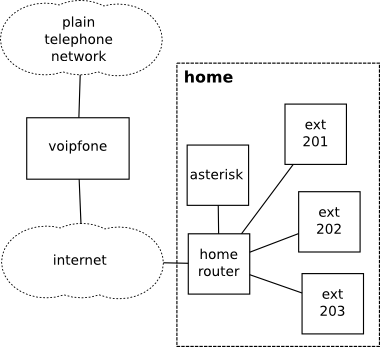Of all the charitable causes that billionaires like to donate to – perhaps an issue that does not capture their attention is a technology one: building a better battery.
Since electricity was discovered mankind has had a central problem – how to store energy. We have solved generation problems and have an abundance of free energy. But we cannot easily store large volumes of power. Instead we must use it or lose it at the instant it is created.
Power companies and national grids worldwide have created transmission networks – which usually function by scaling up the voltage of power before transmitting it as high voltage transmission requires cheaper thinner cables.
However this does not store power – the power must still be consumed as it is generated.
What problem would battery technology solve?
Imagine a world where massive amounts of power could be efficiently generated in a single desolate location – say a body of solar arrays in the Sahara Desert – or perhaps a cluster of nuclear generators far from human habitation in a stable environment (unlike, say, Japan which is subject to frequent earthquakes).
Then imagine large ships – the size of oil tankers – travelling to this offsite location – charging up – then delivering days’ worth of power for whole towns or cities.
Our best form of transportable power appears to be oil in oil tankers. The oil contains energy – then can then be refined into petrol – which can power our cars whenever we wish. Surely we can do better?
Local power needs – such as storing power generated locally by a home or village generated by intermittent sources (solar/wind) – necessitate a breakthrough in battery technology, too.
It simply does us no good to have renewable power generated for short periods only to waste it, then need that power half a day later and not have it available.
My Appeal To Billionaires
Throw money at a research institution. Put a dozen chemical engineers in there – spread out the ages. Put two or three electrical engineers in there. Then give them all kinds of materials to experiment with. Document the whole lot on a publicly readable wiki. Promise to open-source all discoveries (no patents).
When documenting – make sure every combination of materials and technique is transcribed – no matter how silly. Including “I mixed carrot juice and lemon juice into sea water but it didn’t store anything”. Let the world read and feel inspired by any discovery or failure to discover.
If we could achieve the holy grail of batteries:
- cheap materials
- safe/non-poisonous or hazardous
- can withstand high number of regular/daily cycles
- high energy storage potential
- low risk of acccidental discharge or flammability
… then we would have a much, much, MUCH stronger world as a result. Far more ecologically friendly. Much easier to supply the third world with energy. Extremely low cost of energy. Lower risk to humans of consequences of power station failure.
I believe this could be as revolutionary to the world as any other project currently being funded to support the world.

Recent Comments